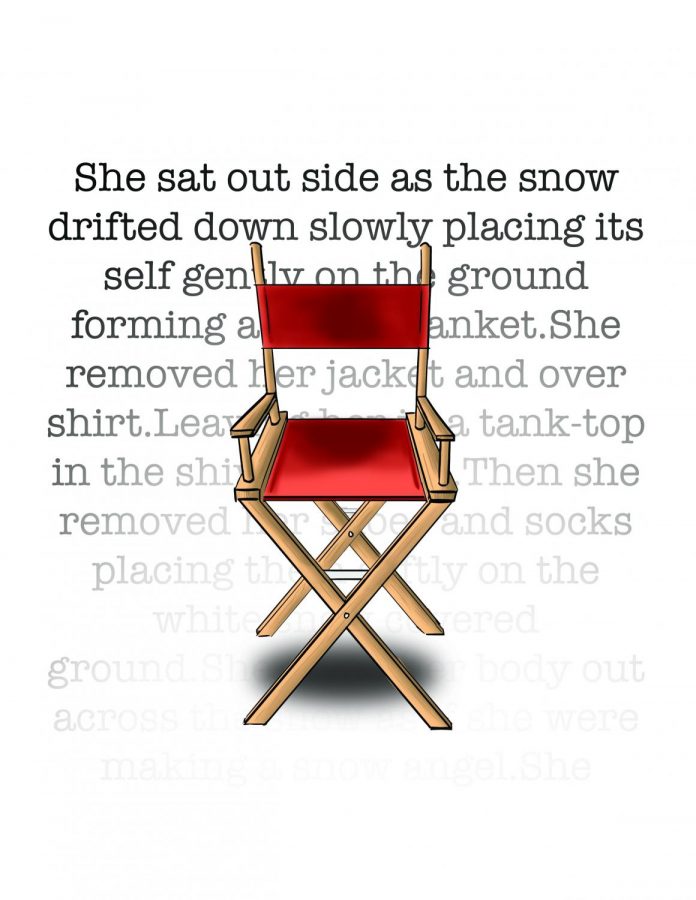Female scriptwriters say, ‘LezPlay!’
Female scriptwriters say, ‘LezPlay!’
October 3, 2016
When Chicago freelance director Iris Sowlat was in college, lesbian characters in the plays she watched were often tragic or objects of pity.
She will be correcting this in a free, 3-day performance series titled “LezPlay Weekend” where she will direct “Watch Me Burn” by Rae Brinstock. The series will be held at Hoover-Leppen Theatre at Center on Halsted, 3656 N. Halsted St, Oct. 7–10, and will highlight realistic portrayals of lesbian women.
“It seemed like the only lesbian play out there [was] “The Children’s Hour” where lesbians die and don’t have happy endings,” Sowlat said.
The series is produced in conjunction with Pride Films and Plays, according to artistic director Nelson Rodriguez.
Rodriguez said one short play and four full-length plays were selected from the 2016 LezPlay writing contest, which had several dozen entries.
Featured scripts along with “Watch Me Burn” include “Fraying Live Wires Tend to Give Off Sparks” by Lena Wilson; “Bold as Love” by Geraldine Inoa; “To Bury a Stranger” by Ann L. Gibbs; and “The Days are Shorter” by Corinne J. Kawecki.
All the scripts are optimistic, according to Rodriguez. The scripts are diverse in age and race, including two African-American main characters and older lesbian women are more settled in life.
“Even though [these characters] are going through hardships, they still see light and have hope for their futures as the play ends,” Rodriguez said.
Sowlat said visibility for lesbian women is important because the media tends to portray the LGBT community as only young, white gay males.
“It’s great that Chicago has pride and a theater company focused on representation of all LGBT identities,” Sowlat said.
According to an eight-year study released Sept. 6 by the University of Southern California Annenberg School for Communication and Journalism’s Media, Diversity, and Social Change initiative, of the 32 LGBT characters featured in film, 40.6 percent were underrepresented. The study also showed only 18 films had one or more LGBT characters with a speaking role.
“It’s exciting for [Pride Films and Plays] to get to highlight writers that sometimes struggle for visibility, especially in theater,” Rodriguez said.
While LGBT theater includes musicals like “RENT” and powerful dramas such as Alison Bechdel’s “Fun Home,” female writers and directors are still trying to gain recognition with a wider range of audiences on multiple media platforms, including theater and film.
Victoria Shannon—a former adjunct professor who taught “Gay and Lesbian Studies: 1600 to 1985” and now teaches in the Writing, Rhetoric and Discourse Department at DePaul University—said there is a long history of members in the LGBT community being portrayed as mentally ill.
“[Representation] is important not just for the LGBT community, but for society in general to see LGBT people portrayed positively,” Shannon said.
According to Sowlat, Chicago is unique for having continuous diversity rather than the “token gay play” once every few years.
“[With LezPlay], you get to experience the variety of lesbian identities and stories because not everyone is the same,” Sowlat said.








